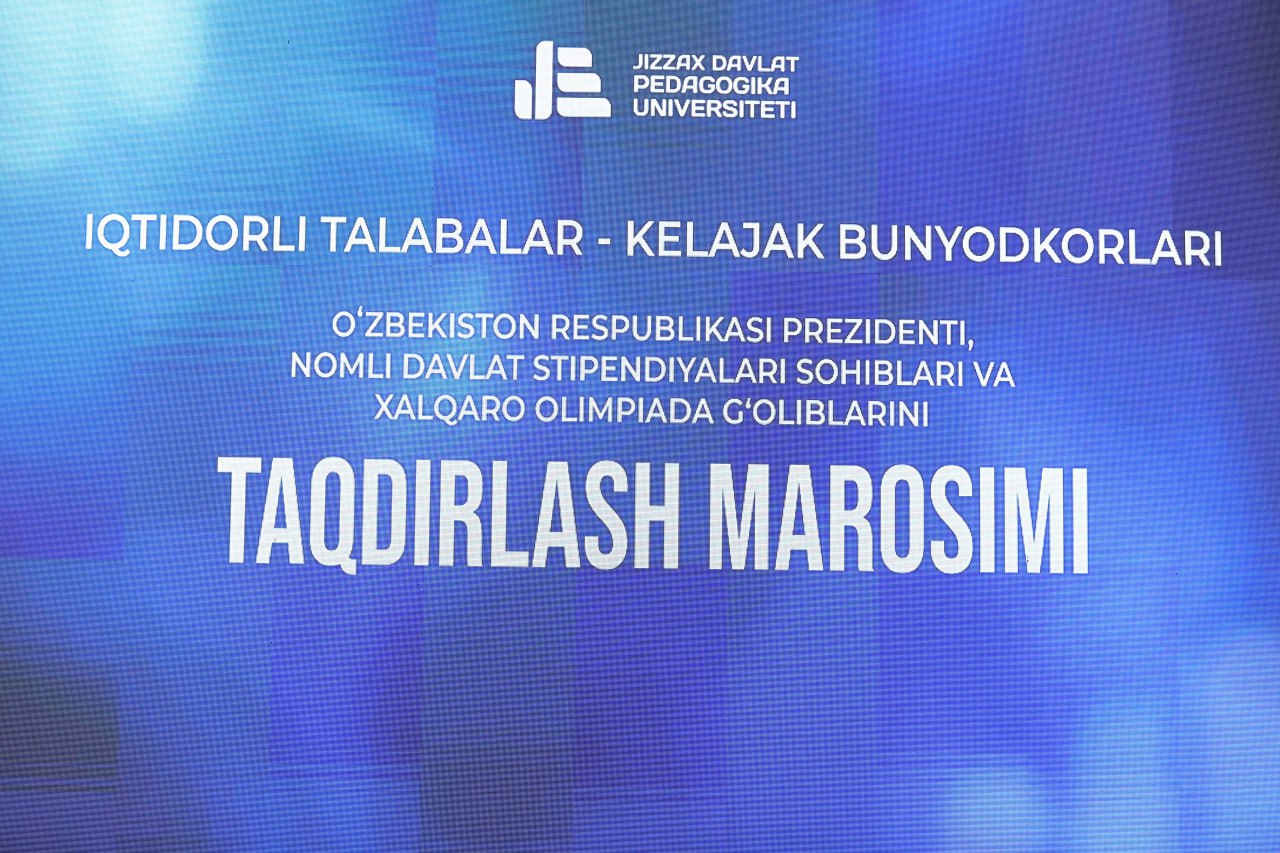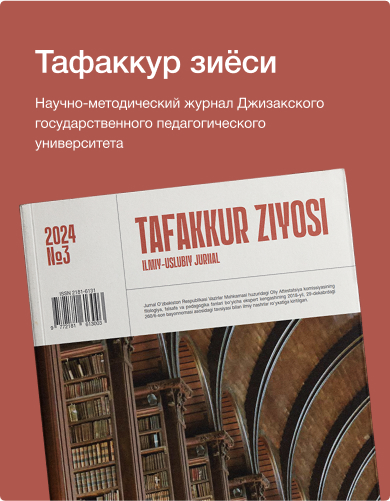For Uzbek speakers in Russian-speaking communication, there are difficulties in correctly expressing themselves in situations such as a request, a call to action, giving an order, stating that another practice can be carried out under certain conditions. Below, in order to facilitate communication in these cases, we provide information on the correct construction and use of imperative and conditional verbs in Russian.
The Imperative Verb
The imperative form of the verb is formed differently depending on the 3rd person (he, she it) plural of the present tense of imperfect verbs and the future tense of perfect verbs:
• – With the usage of the word-formation suffix «И»: заняться → займ-ут-ся → займ-и-сь, пригласить → приглас-ят → приглас-и;
• – Without the usage of the word-formation suffix «И»: составить → состав-ят → составь, обеспечить → обеспеч-ат → обеспечь, придумать → придума-ют → придумай, построить → постро-ят → построй.
Note: where the word «И» is formed without the help of a formative suffix, the short form of this vowel «Й» (after a vowel) or «Ь» (after a consonant) is used instead. When used with the suffix «-TE» to the imperative form, it may be used in the plural or respect sense: пригласи → пригласите, составь → составьте, придумай → придумайте.
Thus the present and future 3rd person (he, she, it) plural form the basis for the imperative verb.
When forming the imperative, you should also consider the type of verb:
• Решать (imperfect form) → решают → решай(те); решить
(perfect form) → решат →решай(те)
• надевать (imperfect form)→ надевают → надевай(те); надеть)
(perfect form)→ наденут → надень(те)
It is also important to correctly identify the base of the verb and consider possible interchangeability of consonants in the formation of the imperative: бежать → бег-ут → бег-и (incorrect: бежи); бегать → бега-ют → бегай.
The imperative form must also be kept in mind in some difficult cases:
• поехать → поезжай (the are no forms like поехай, езжай);
• ездить → не езди (is only used with negation; the are no forms like ехай, ездий и едь -);
• положить → положи, класть → клади (the are no forms like ложи и поклади).
* Some verbs do not end in «Ъ» when they form the imperative:
лечь → ляг-ут → ляг, лягте.
** Note. In most cases, the plural of the imperative and the plural of the 2nd person (You) present tense sound the same in pronunciation, but the difference is that imperative verbs have the formative suffix «И» and the modifying suffix «-TE». (Обязательно приглас-и-те друзей. Выбер-и-те лучшие блюда.), verbs with a message have the suffix “-ИТЕ” or ёки “–ЕТЕ” (Кого вы приглас-ите (II спр.) на праздник? Какие блюда вы выбер-ете (I спр.) для праздника?) depending on their declension.
There are other ways to form imperative verbs:
• Adding for present and future verbs in 3rd person (he, she, it) singular and plural пусть, пускай, да (if addressed to a third party): Пусть каждый займется делом. «Да пребудет с тобой сила!»;
• by adding давай (давайте) to the 1st person (I) (in calling for joint action):
Давайте вместе готовиться к празднику. Давай составим меню. (In the sentence, the predicates пусть, пускай, давай(те) are part of the predicate.)
• using the future (and in some cases present) 1st person (I) plural tense (also when calling for joint action): Сделаем этот праздник незабываемым! Порадуем своих друзей! Идём на выставку!
Some verbs do not form an imperative: недомогать, хотеть, знобить, видеть and similar verbs.
Conditional declension of the verb
Another form of the verb is the conditional (subjunctive or conditional mood), which means an action that can be done or is appropriate under certain conditions. The conditional mood is formed by adding one of the prepositions «бы», «б» to a past tense verb. A conditional verb does not change in person and tense, but has number and gender (in the singular), i.e. it changes in these:
знал бы – If he knew
знала бы – If she knew
знали бы – If they knew
открыл бы – If he opened
открыла бы – If she opened
открыли бы – If they opened
прочитал бы – If he read
прочитала бы – If she read
прочитали бы – If they read.
Conditional prepositions may be used either before or after the verb, and other words may be used between the verb and the preposition: Я бы сказал ему об этом. Я бы ему об этом сказал. Я ему об этом сказал бы.
The subjunctive is formed by combining a past tense verb with the unchanging particle «бы» or by combining the «бы» with an indefinite verb (infinitive).
In compound sentences, the particle would may be part of the conjunction to.
A conditional sentence is formed by using the preposition «by» with a past tense verb or an infinitive (indefinite verb). When used in conjunctive sentences, conjunctions such as » если, коли/коль, раз » are also used with the preposition » бы «:
Если бы язык не был поэтичен, не было бы искусства слова — поэзии. (S.Marshak)
In conclusion, the correct use of the imperative and conditional forms of the verb group in our speech leads to a clear expression of our thoughts in the communication process and the formation of correct relationships between speakers.
Bakieva M.P. – Acting Associate Professor of Jizzakh State Pedagogical University, Candidate of Pedagogical Sciences





